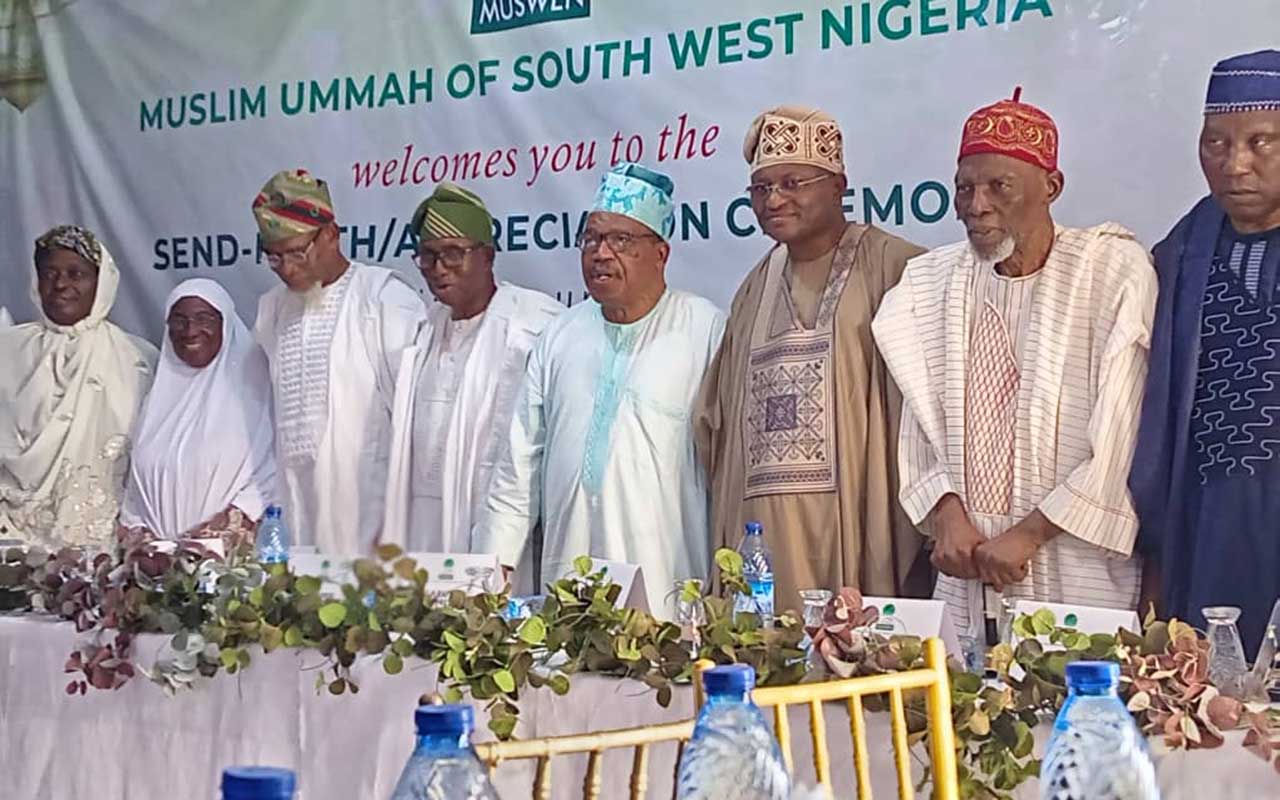As nations and organisations grapple with the complexities of sustainable development, poverty, and good governance, a Nigeria faith-based group, Nasrul-Lahi-il-Fatih Society (NASFAT), is earning recognition for its outstanding and impactful governance model. The organisation, established on March 5, 1995, is proving that integrity, accountability, and strategic leadership are not exclusive to statecraft but are vital components for steering development across local and global communities.
Renowned as an established global confederation for Islamic education, knowledge, relief and social service, NASFAT is successfully deploying a comprehensive and integrated approach to humanitarian work. Its initiatives in poverty alleviation, disaster relief, health, education, and empowerment offer a compelling case study for emerging organisations and countries seeking effective governance structure and programme delivery models.
In line with the dictates of contemporary world, NASFAT creates civic space, enhances policy at national and sub-national levels, and implements its own programmes, which model the principles of addressing poverty and environmental crises together and leaving no one behind.
A key element of NASFAT’s success is its institutional capacity and financial prudence. For instance, the ongoing, multi-billion Naira Islamic centre project on the Lagos-Ibadan Expressway is being developed entirely debt-free. This financial stewardship demonstrates a capacity to scale operations without diverting mission-focused donations, a model of fiscal responsibility that international NGOs and state agencies could learn from.
The society’s reach/network is extensive, extending beyond spiritual upliftment into tangible social services. Its humanitarian aid portfolio includes feeding programmes for the less privileged, support for patients in public hospitals, women’s empowerment, and dedicated Zakat management services through its agency, NAZAS. Furthermore, its institutional ecosystem includes Fountain University in Osogbo, Tafsan Tours and Travels Limited (for Hajj, Umrah and Tours), the NASFAT Missionary Institute, and a Legal Aid Council, providing diversified social and educational services.
NASFAT’s governance structure is a crucial takeaway for other entities. It employs a hierarchical and networked system that spans local to global levels, ensuring both centralised oversight and decentralised implementation. This framework allows for the efficient coordination of activities across diverse regions.
Another accomplishment is the integration of religious values and principles into its development offerings which has significantly enhanced NASFAT’s credibility and impact, particularly by prioritising service to vulnerable populations and building community resilience, including peace-building programmes in conflict-affected areas. The focus is on building trust and forging relationships to promote solidarity with those working for peace.
Worthy of note is the collaboration with local, state, national and international NGOs and governments which has provided an expansive canvas for the society to deliver its goodies across borders.
Indeed, with its integrity, accountability, and tested leadership, NASFAT remains an outstanding and impactful faith-based organisation vital to steering Nigeria and the world toward sustainable human development and a better life for all. The organisation’s 30 years history presents a robust, pragmatic blueprint for how non-state actors can achieve profound, self-sustaining developmental impact using the divine wisdom in the Quranic verse quoted above as a compass.
• Dr Ayodeji AbdulWahid AbdulRauf, FCS is CEO/Founder of ThinkStartUp Beyond Borders Inc. and President of NASFAT worldwide.






